Are metal tweeters better than those made of other material?
tobr24u
17 years ago
Related Stories
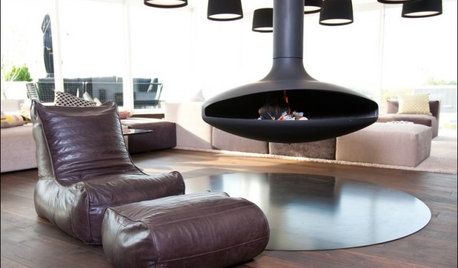
FURNITURE6 Decades-Old Designs That Look Better Than Ever
After getting a few nips and tucks, some favorites from the ’60s and ’70s have made a stylish comeback
Full Story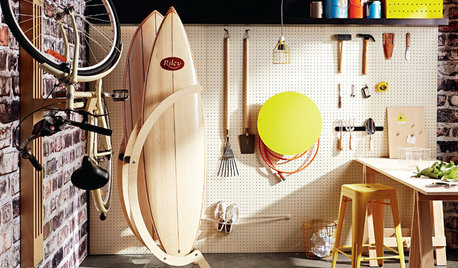
STORAGE18 Rooms Made Better With Pegboard
A grid of tiny holes punched in hardboard can be your versatile best friend in every room
Full Story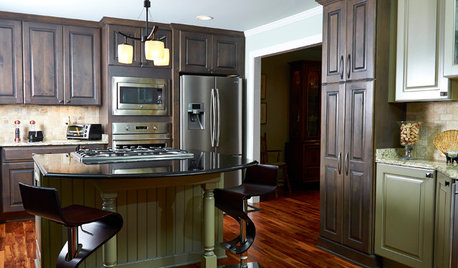
KITCHEN MAKEOVERSKitchen of the Week: Rich Materials, Better Flow and a Garden View
Adding an island and bumping out a bay window improve this kitchen’s layout and outdoor connection
Full Story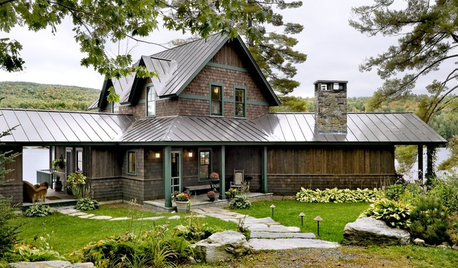
REMODELING GUIDESMaterials: The Advantages of a Metal Roof
Metal reigns in roofing style, maintenance and energy efficiency
Full Story
MOST POPULARHow to Get Rid of Those Pesky Summer Fruit Flies
Learn what fruit flies are, how to prevent them and how to get rid of them in your home
Full Story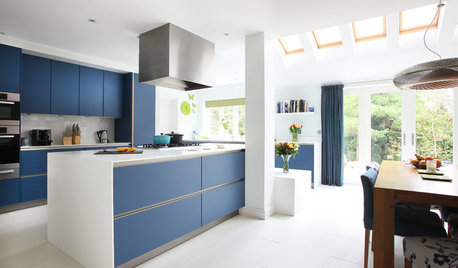
KITCHEN CABINETSAre Those Sleek Handleless Kitchen Cabinets for You?
Get the lowdown on this increasingly popular streamlined look
Full Story
GARDENING FOR BUTTERFLIES3 Ways Native Plants Make Gardening So Much Better
You probably know about the lower maintenance. But native plants' other benefits go far beyond a little less watering and weeding
Full Story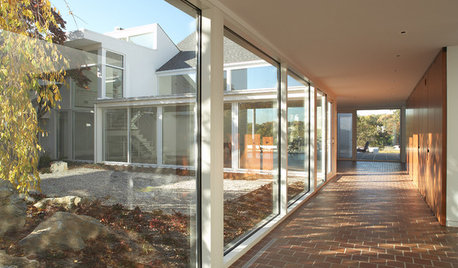
GREAT HOME PROJECTSUpdate Your Windows for Good Looks, Efficiency and a Better View
Great home project: Replace your windows for enhanced style and function. Learn the types, materials and relative costs here
Full Story
HOUSEKEEPINGBefore You Roast Those Chestnuts, Make Sure You've Got a Clean Chimney
Here's how to ensure your chimney is safe for holiday gatherings by the fire
Full Story
FEEL-GOOD HOME9 Ways to Boost Your Home’s Appeal for Less Than $75
Whether you’re selling your home or just looking to freshen it up, check out these inexpensive ways to transform it
Full StorySponsored
Columbus Area's Luxury Design Build Firm | 17x Best of Houzz Winner!
More Discussions







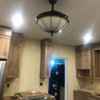
steve_o
tobr24uOriginal Author
Related Professionals
Asheville Home Automation & Home Media · Brookfield Home Automation & Home Media · Coronado Home Automation & Home Media · Gages Lake Home Automation & Home Media · Gilbert Home Automation & Home Media · Mount Lebanon Home Automation & Home Media · Novi Home Automation & Home Media · Richardson Home Automation & Home Media · Riverdale Home Automation & Home Media · Grand Haven Home Automation & Home Media · East Cleveland Home Automation & Home Media · Orlando Electricians · Concord Electricians · Arcadia Lighting · Lawrence Lightingsteve_o